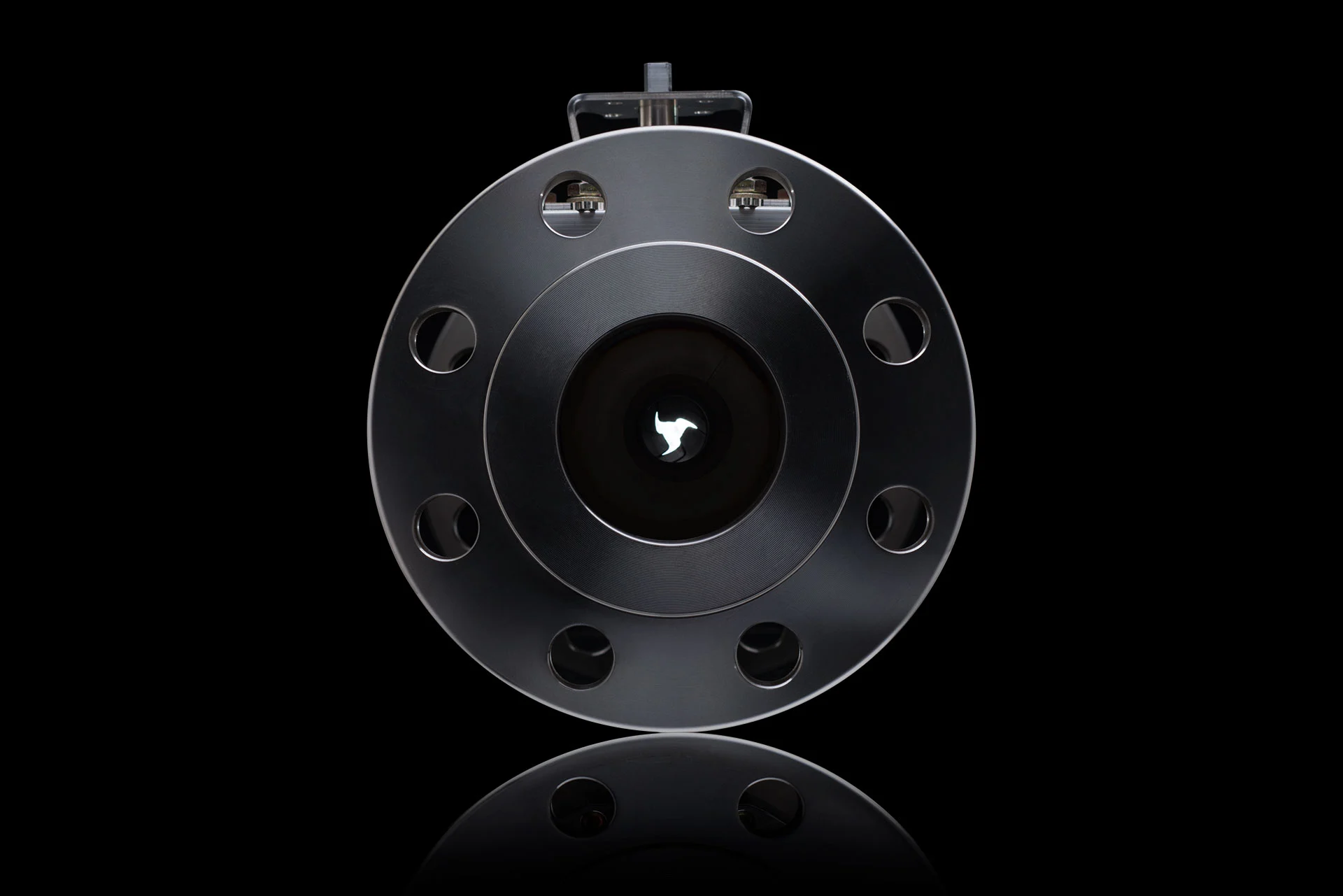ENI: Tackling fugitive emissions with Clarke Valve
20 September 2020


Challenge:
Eni has adopted a detailed business strategy to reduce net absolute lifecycle emissions, associated with operation and products, by 80% by 2050. It aims to reach carbon neutrality across its upstream operations by 2030 and across the group’s global operations by 2040. Whilst leak detection and repair campaigns in 2019 saw upstream methane fugitive emissions reduced by 44% over the year before, Eni continued to look for innovation.
Solution:
Eni partnered with Clarke Valve, through the OGCI Climate Investment deployment programme, to replace less efficient pneumatic globe valves with lighter, smaller Shutter Valves at the Trecate Oil Centre in Italy.
The innovative valves leverage aerospace design principles. During international standard certification tests, they recorded a methane leakage rate of just 2 parts-per-million (PPM), compared to around 500PPM in conventional globe valves. Additionally, requiring less torque to open and close makes them more energy efficient and cheaper to run, and allows them to be powered by off-grid renewables.
Result:
The replacement programme saw the valves fitted and fully operational across five different applications in just three days. Early performance data shows the complete suite running within their operating range, and emissions from the new valves are expected to be negligible. The two companies are now conducting exploratory work to design and fit solar-powered actuators, to reduce carbon intensity further. A project summary was presented to staff across Eni businesses to identify further potential applications. Over the next 12 months valve performance will be monitored as part of Eni’s Technology Validation procedure.
Expanding impact
By working in close partnership with Eni, Clarke Valve further expanded its understanding of how to navigate complex organizations in different jurisdictions and meet extensive certification requirements. This opens the way to accelerate deployment in large organizations strongly committed to reducing methane leaks through the adoption of field-tested technologies. This successful multi-application pilot is scalable for thousands of valves.





